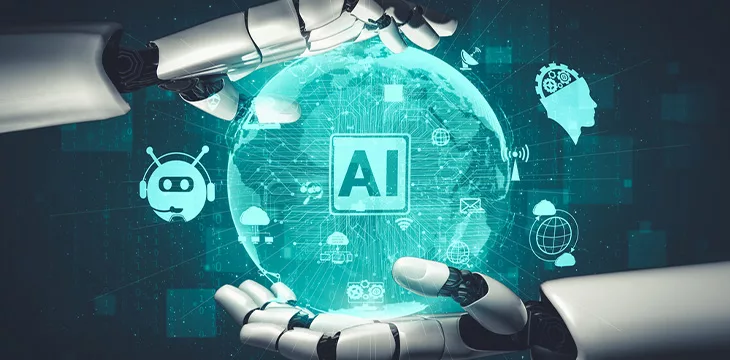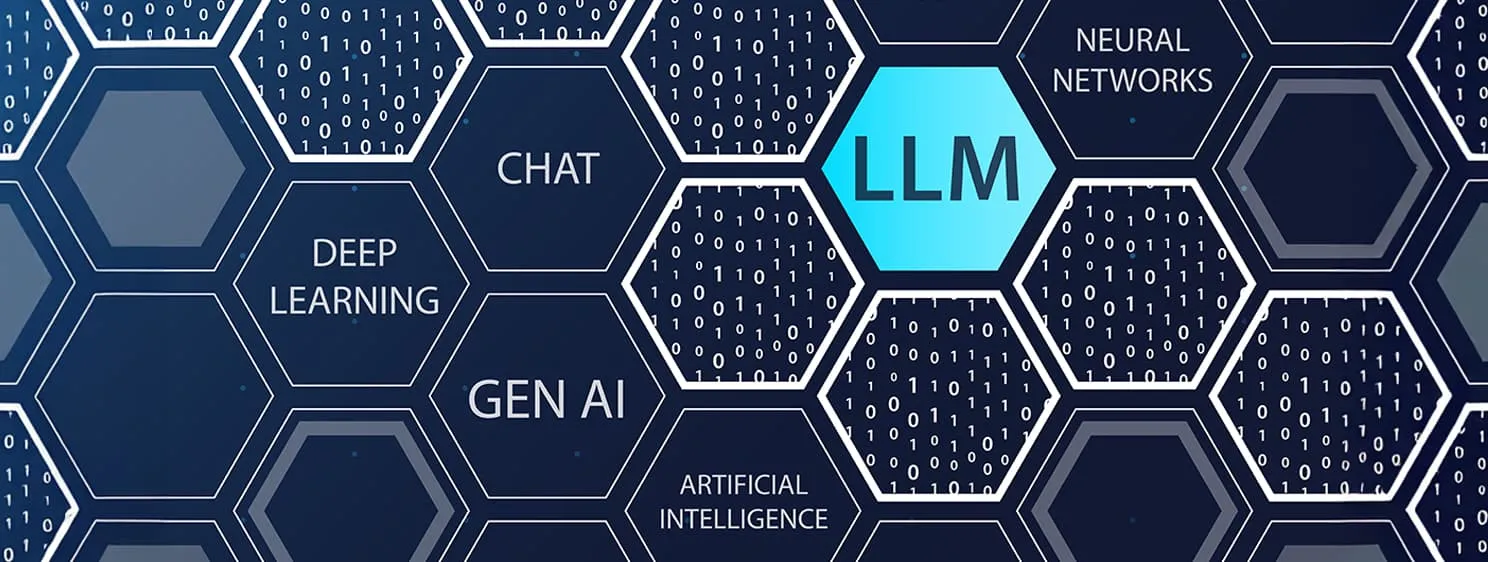|
Getting your Trinity Audio player ready...
|
Experts are touting artificial intelligence (AI) as a veritable tool in the fight for the planet’s survival but say that a combination with other emerging technologies may even increase the odds.
Dr. Sara Khalid, head of the Planetary Health Informatics Lab at Oxford University, said that generative AI tools deployed in the areas of public health and environmental conversation efforts will have far-reaching positive effects on planetary health.
Incorporating AI for planetary health may not be smooth sailing, but Dr. Khalid lays down a blueprint to increase the odds of success, advocating for a three-stage process revolving around proper data handling.
“The role of health technology, specifically AI, can largely be thought of in terms of three areas, namely providing data, extracting useful information or knowledge from the data and thirdly, the adaptation of data and systems,” said Dr. Khalid.
She made her comments in a panel session at the Planetary Health Annual Meeting, pitching on the need for increased levels of AI adoption. Her speech advocated using AI-based tools for early warning systems specifically designed for different geographic locations.
Dr. Khalid urged researchers to increase the size of their bets for AI-based pollution detectors and pandemic prevention systems to protect flora and fauna on Earth. To even the odds, the climate expert is pining for an integration of Big Data with AI.
“Big data and AI can be and have been involved in diagnostics, clinical assessments, vaccine strategies and deep phenotyping,” said Dr. Khalid as she listed early successes with AI.
Apart from the uphill climb for adoption, experts have highlighted many issues against AI-based environmental protection efforts. Currently, it’s challenging to keep pace with AI software innovation, which can slow down adoption efforts.
Another downside in the attempts to pivot to AI lies in the potential for algorithm bias that could mess up the entire process. One way around this debacle is using inclusive data sets and strict validation procedures.
Stellar debut in public health
While several researchers have thrown their weight behind theoretical studies, others are reaping early rewards from practical use cases. In December, Hong Kong Hospital Authority turned to AI to fight antibiotic resistance in two superbug infections, with South Korea leveraging the technology to stifle a bedbug pandemic.
In early April, the World Health Organization (WHO) launched its generative AI tool to improve the state of global public health. Adopting a chatbot style, the tool is designed to provide end-users with detailed information on various health conditions, including cancer, heart conditions, diabetes, and mental illnesses.
In order for artificial intelligence (AI) to work right within the law and thrive in the face of growing challenges, it needs to integrate an enterprise blockchain system that ensures data input quality and ownership—allowing it to keep data safe while also guaranteeing the immutability of data. Check out CoinGeek’s coverage on this emerging tech to learn more why Enterprise blockchain will be the backbone of AI.
Watch: Mark Thiele—Ownership of healthcare data crucial

 07-02-2025
07-02-2025 





